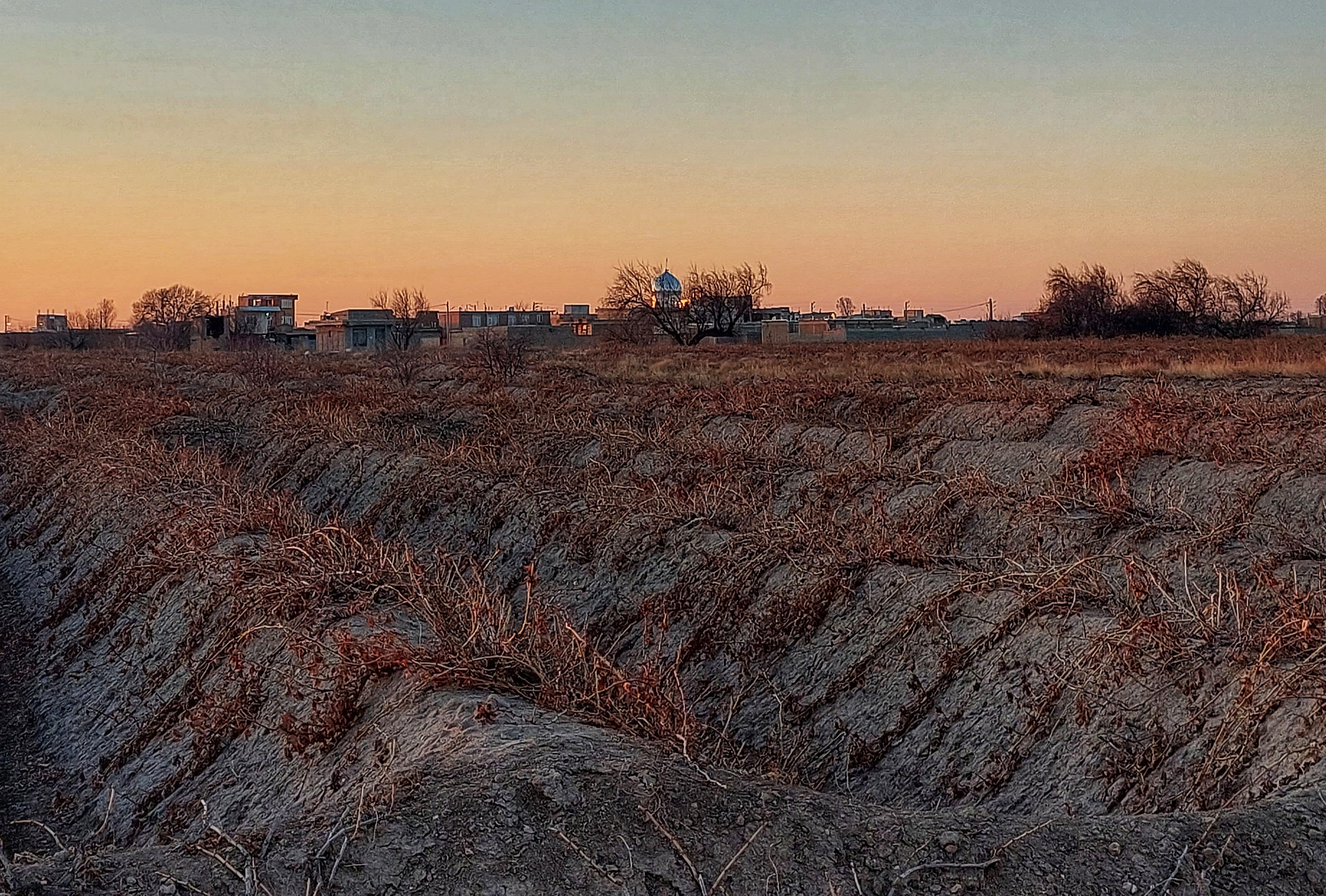Categories
The latest content
-

Customs Clearance & Import Regulations for Bulk Iranian Pinto Beans in EU, Middle East & Africa
..
-

Quality Control & Laboratory Testing Standards for Iranian Pinto Beans
..
-

Logistics & Shipping Solutions for Bulk Iranian Pinto Bean Exports
..
-

Minimum Order Quantity (MOQ) & Bulk Pricing for Iranian Pinto Bean Buyers
..

Tags
Sustainability & Eco-Friendly Farming in Iranian Raisin Production

Iran is one of the world's leading producers and exporters of high-quality raisins. With growing global demand for sustainable agricultural products, Iranian raisin farmers are adopting eco-friendly practices to ensure a greener future for the industry. Sustainable farming not only protects the environment but also improves product quality and enhances Iran’s position in the international market.
1. Water Conservation Techniques
Iranian raisin production relies heavily on grape farming, which requires efficient water management due to the country’s arid climate. Farmers use advanced irrigation methods such as:
• Drip Irrigation: Minimizes water waste by delivering precise amounts of water directly to the plant roots.
• Rainwater Harvesting: Collecting and storing rainwater for later use.
• Drought-Resistant Grape Varieties: Growing grape types that require less water.
2. Organic & Chemical-Free Farming
To meet international demand for organic raisins, many Iranian farmers have reduced or eliminated chemical pesticides and fertilizers. Instead, they implement:
• Biological Pest Control: Using natural predators to manage pests.
• Compost & Natural Fertilizers: Enriching soil health with organic materials.
• Crop Rotation: Reducing soil depletion and maintaining long-term fertility.
3. Solar Drying & Renewable Energy
One of the most eco-friendly aspects of Iranian raisin production is the traditional sun-drying method, which uses natural sunlight instead of artificial heat. This significantly reduces energy consumption and lowers the carbon footprint. In addition, some farms have started using solar panels to power processing facilities, making production even more sustainable.
4. Waste Reduction & Recycling
Sustainability in raisin farming also extends to waste management. Farmers and processors are:
• Recycling Grape Byproducts: Utilizing grape seeds and skins for oil production, animal feed, or compost.
• Eco-Friendly Packaging: Moving towards biodegradable and recyclable packaging to reduce plastic waste.
• Minimizing Food Waste: Implementing better storage and transport methods to reduce post-harvest losses.
5. Fair Trade & Social Responsibility
Sustainable raisin farming in Iran isn’t just about environmental impact; it also includes ethical labor practices and community support:
• Fair Wages for Farmers: Ensuring that workers receive fair compensation.
• Supporting Local Communities: Providing education and training on sustainable farming techniques.
• Women’s Empowerment: Encouraging women’s participation in agriculture and raisin processing.
The Future of Sustainable Raisin Production in Iran
As international consumers and businesses become more environmentally conscious, Iran's raisin industry continues to evolve towards greater sustainability. By investing in eco-friendly practices, Iranian farmers can maintain high-quality production while protecting natural resources and ensuring long-term success in global markets.
By choosing Iranian sustainably farmed raisins, buyers and consumers support a greener planet while enjoying one of the finest natural products available. Whether for personal consumption or bulk export, eco-friendly Iranian raisins are a responsible and delicious choice.
For more information on sourcing sustainable Iranian raisins, contact us today!



